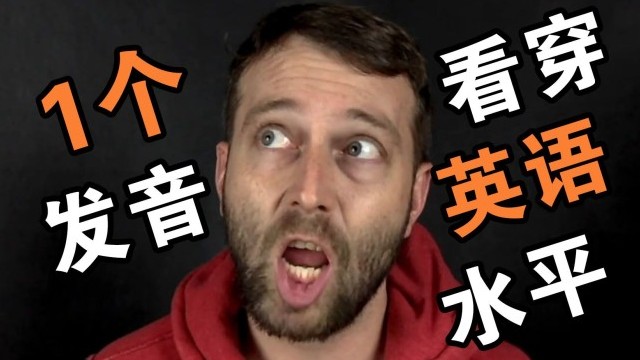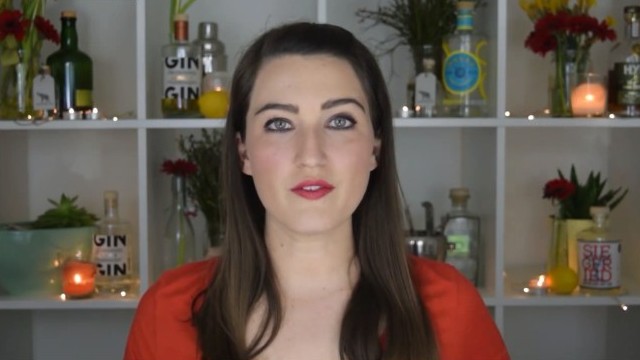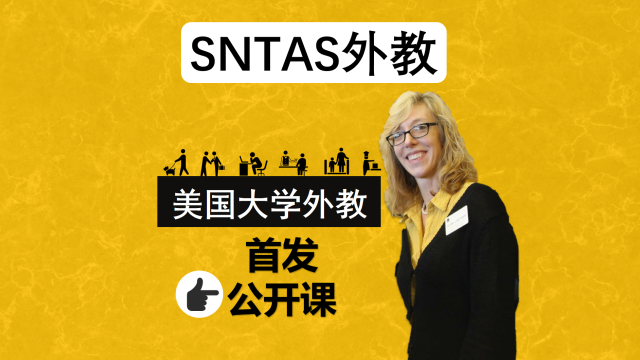Coffee hour闲聊 办公口语新技能get√
作者:沪江英语
来源:Englishtown
2019-10-03 00:00
Found yourself in a work situation whilst you are still learning the English you need to get by? Or maybe you have an English-speaking colleague that you would like to get closer to.
当你仍然坚持学习英语时,你是否发现虽处于工作环境,但仍需学习英语?或者你可能有一位能说一口流利英文的同事,你想靠近与其交流。
At the coffee machine
咖啡机旁聊天
Latte in hand, spreadsheets on hold: these are a few phrases you are more than likely to hear amongst your work colleagues as you relax. They’re easy to pick up and use, too.
一手拿着拿铁咖啡,一手握着报表:这里有几个短语,在你放松的时候你可能会从同事那里听到。这些短语也非常容易学习和使用。
1.(to) play catch up – to be late starting something so you make a big effort to overcome it; it doesn’t mean you have been lazy!– more often it refers to when something comes in last minute, or you are working to a tight deadline.
(to) play catch up –开始做某件事情有点晚,使你不得不花大力气去完成它;这并不是指你懒惰!-它经常更多的是指做某事到最后关头了,或者你临近截止日期,尽力追赶的意思。
e.g.“We’re playing catch-up on that commission from France.”
例如,“我们要尽力追赶法国来的任务”
Meaning: we’re working overtime to get everything ready for the commission from France.
意思是:我们在尽力加班为完成法国的任务做好充分准备。
When might you use it?
什么时候使用这个短语呢?
To express being a bit stressed out or under pressure to deliver a project; to express the effort required to overcome something for which you are currently behind schedule. You might also use the phrase to motivate or drive your own team to complete something – “we’re playing catch-up here, guys” – as it can add an air of competition.
一般是表达承受着巨大的压力或是顶着压力去实现一项任务;可用于表达你需要努力去完成已经落后于进度的事情。你可能也用这个词组去激励或者驱使你的团队去完成某项任务—“同伴们,我们快实现目标啦”—它可能增加竞争的气氛。
2.(to) pay a premium– meaning you pay a higher price for something because the quality or reputation is better
–是指你要花费更高的价格购买某物,因为它的质量或名声更好
e.g.“We’re paying a premium for the plug from X Box, but it’s worth it”
“我们花了高价的XBox插头,但是它值这个价。”
When might you use it?
什么时候使用这个词组呢?
This can be used in coffee machine conversation very easily – it just refers to a deal you’ve made where the company (or yourself) has paid a price that is above the normal market price. You might use it to gain a bit of prestige/boast about your purchase.
这可以很轻易的在闲聊时使用—它可以用于提到你刚完成的一笔交易,交易价格高于市场价格。你可能用它去吹嘘你购物的物品。
uphill struggle/battle– meaning it’s a big obstacle to overcome
意思是要克服的大的障碍
If you’re in an American business you are more likely to hear ‘uphill battle’; ‘uphill struggle’ is the UK equivalent.
如果你处在美国商业环境中,你可能更多的听到的是‘uphill battle’; ‘uphill struggle’在英国是同等的意思。
e.g.“Getting this new construction under budget is an uphill struggle, but we have to make it happen.”
“在现有预算下做好这个新工程很难,但是我们也要让其实现。”
When might you use it?
什么场合使用这个词组呢?
When talking about a project that is particularly difficult – or if you want to make something sound difficult. It would also work very nicely alongside ‘playing catch-up’ – i.e. “we’re playing catch-up on the construction project and it’s going to be an uphill struggle.”
当谈论到一个工程特别困难时—或者如果你想让某事听起来很难的时候。这个也可以同“catch-up尽力赶上”这个词组配合的非常好—例如:“我们在尽力追赶完成这个工程,这是个相当大的困难。”
4. (to) go up market – to sell the brand to a wealthier audience/to begin appealing to high-end markets
把品牌出售给富人/开始去吸引高端市场
e.g.“We’ve decided to go upmarket and sell our scarves at Liberty/Macy’s/smart department store…”
“我们决定去吸引高端市场,在利伯蒂/梅西百货/时尚百货商店等卖我们的领带。”
When might you use it?
什么场合使用这个词组?
To describe an ‘upgrade’ in your business plan/a decision to increase the price and quality of a product and sell it to higher-income consumers. This is going to be very useful if you work in retail. But you can also use it in a more casual way to talk about yourself and your possessions – i.e. “We’re looking to get a new car…thinking of going upmarket and getting something sporty.”
在商业计划或者商业决策里描述“提高档次”,加价和提高质量,出售给更高收入的消费者。如果你在零售行业工作这个词组将会有用。但是你也能用更休闲的场合用它谈论自己和你的资产—例如,“我们想要一辆新车….想着去一些高端的地方,看起来更耀眼一些。”
5.(to) buy into – to support/endorse or agree with
支持或同意
This doesn’t usually get used to mean actually purchasing something – it has become a business metaphor mostly used for when someone supports or seconds an action of a colleague/the company.
这个词组并不经常意味着真购买了某物—它变成了一个商业比喻,大多用于某人支持或者同意同事/公司的活动。
e.g. “David in finance says there are pay rises on the way. I’m definitely buying into that!”
“金融界的大卫说价格正在上扬。我完全同意!”
When might you use it?
什么场合使用它?
When you are interested or intrigued by something which you think could be a good prospect for you/the business. You can use it for potential clients too, to indicate a level of interest in their offer – i.e. “the plan you’re offering is definitely something we would consider buying into”
当你认为某事对你和生意而言有好的前景,你因此有兴趣或者好奇的时候,就可以在潜在客户面前用这个口语表达来暗示感兴趣的程度。--例如“你提供的这个计划确实非常好,我们考虑支持。”











